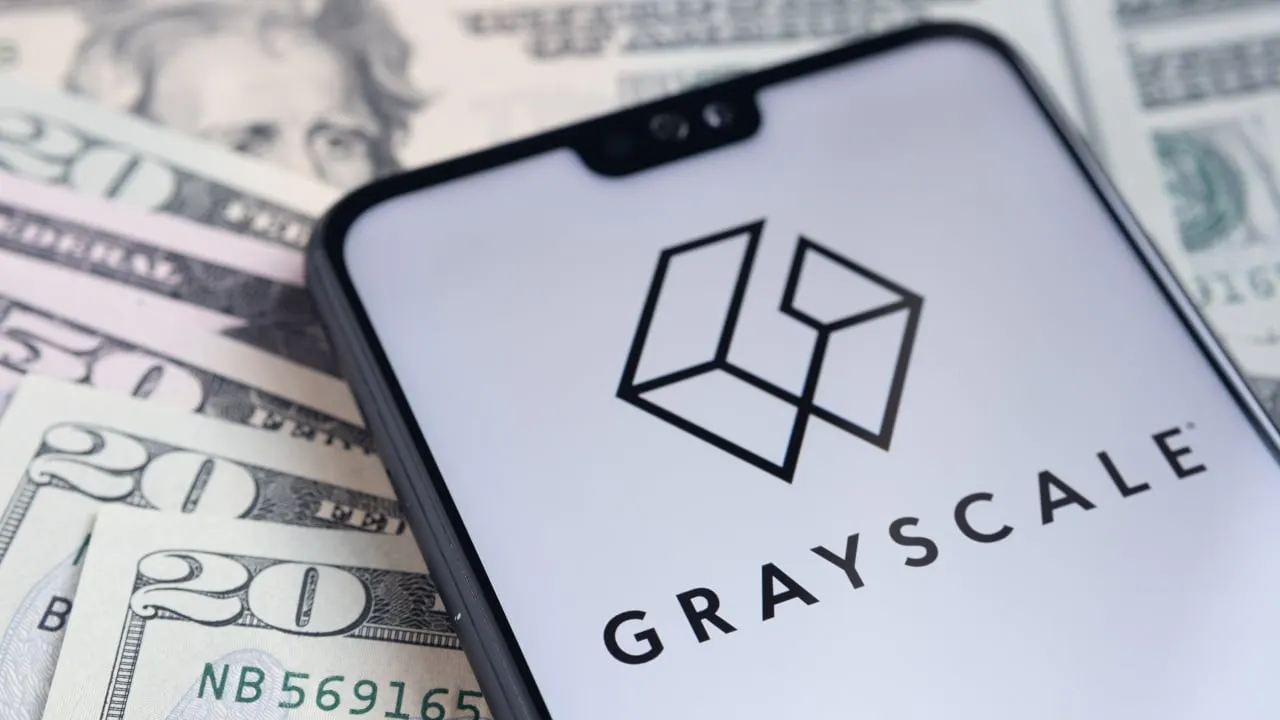A judge has ordered that the Securities and Exchange Commission’s (SEC) denial of Grayscale’s spot Bitcoin ETF application be reviewed, according to an opinion issued by the U.S. Court of Appeals for the D.C. Circuit on Tuesday.
The decision represents a landmark moment for crypto. The SEC has denied several applications for spot Bitcoin ETFs, which allow investors to gain exposure to Bitcoin without holding the coin, for a decade while citing market manipulation concerns.
The court explained the SEC lacked a coherent explanation for the denial.“The Commission failed to adequately explain why it approved the listing of two bitcoin futures ETPs but not Grayscale’s proposed bitcoin ETP,” the court opinion said. “In the absence of a coherent explanation, this unlike regulatory treatment of like products is
unlawful.”
Grayscale applauded the decision, saying this is a huge development for investors.
"This is a monumental step forward for American investors, the Bitcoin ecosystem, and all those who have been advocating for Bitcoin exposure through the added protections of the ETF wrapper," a Grayscale spokesperson said in a statement. "The Grayscale team and our legal advisors are actively reviewing the details outlined in the Court’s opinion and will be pursuing next steps with the SEC."
Seen within crypto circles as a potential gateway to mainstream institutional adoption, a spot Bitcoin ETF would enable investors to gain exposure to Bitcoin through a traditional stock exchange and effectively hold the coin in a brokerage account.
After the court’s decision was released, Bitcoin rallied 5% to $27,300 in under an hour, according to CoinGecko. The crypto market swelled broadly as well, with coins like Ethereum and XRP up over 4% during that same span.
The SEC and Grayscale have 45 days to appeal Tuesday’s court decision. If that happens, the case could either be sent to the U.S. Supreme Court or be subject to an en banc panel review, where all of the court’s judges would weigh in during a rehearing.
According to the Yale Journal of Regulation, which refers to the U.S. Court of Appeals for the D.C. Circuit as America’s “second most important court,” en banc reviews are rare. A majority of the court’s judges would need to approve an en banc review.
Grayscale took the SEC to court last June. The firm’s lawsuit followed a rejection from the SEC to convert its flagship Bitcoin fund, the Grayscale Bitcoin Trust, into a spot Bitcoin ETF.
GBTC has $16.2 billion in assets under management, according to Grayscale’s website. Relative to its Bitcoin holdings, shares in the trust trade at a discount because of the offering’s structure.
Bitcoin futures ETFs have been welcomed on Wall Street by the SEC since ProShares' Bitcoin futures ETF launched on the New York Stock Exchange in 2021. Bitcoin futures ETFs give investors exposure to contracts that trade on CFTC-regulated exchanges, such as the Chicago Mercantile Exchange (CME).
The court described the SEC's denial as "arbitrary and capricious" on Tuesday, saying it failed to reasonably explain why Bitcoin Futures ETFs have been approved but not spot-based ones. It took issue with the SEC's stance that fraud and manipulation concerns in spot markets are different than with regard to futures.
"Because the spot bitcoin market and the CME bitcoin futures market are so tightly correlated, a price distortion in the spot market will be reflected in the price of the futures market," the opinion states. "After all, futures are derivatives of the spot market."
While a spot Bitcoin ETF has proved elusive for years, they could soon become commonplace after Tuesday's ruling. Several Wall Street titans, including BlackRock and Fidelity, have filed applications for spot Bitcoin ETFs of their own. And Grayscale argued in July that all applications on the SEC's desk should be approved at once if a regulatory green light comes.
Editor's Note: Updated to include an excerpt from the court decision and a statement from Grayscale.

